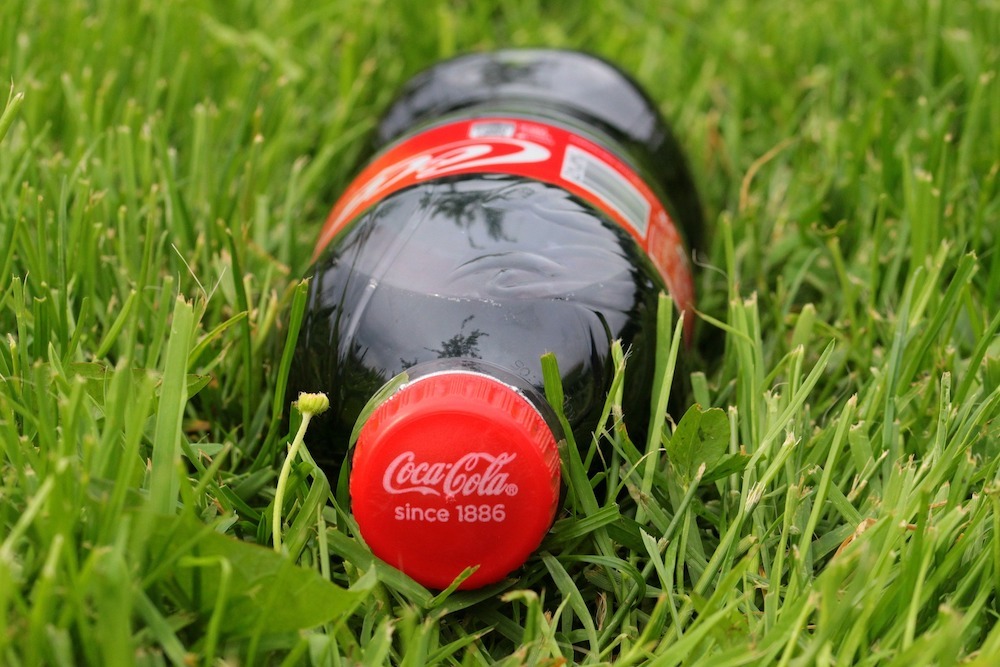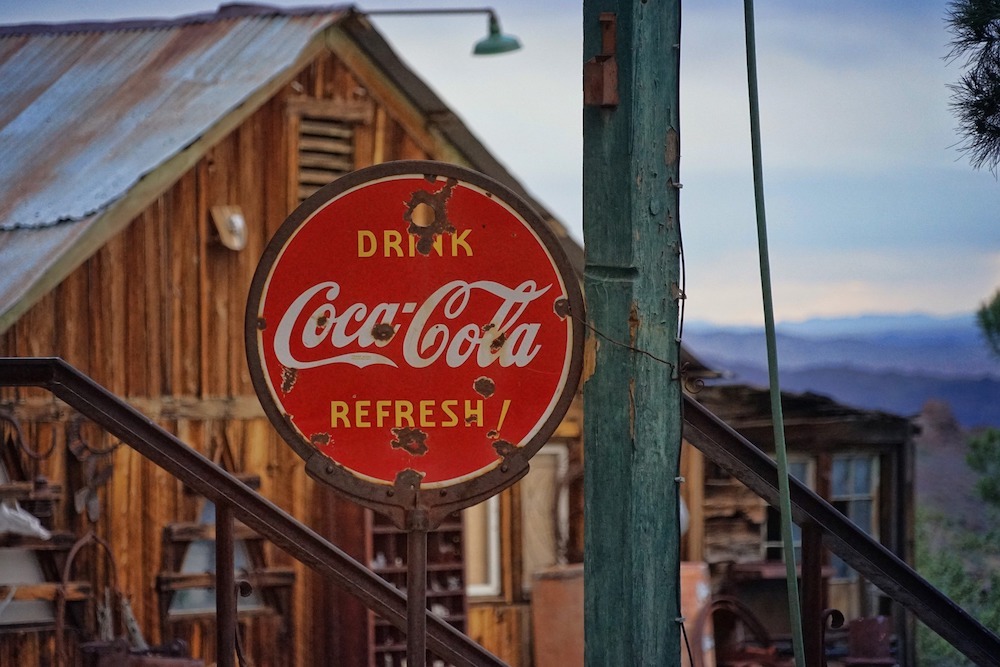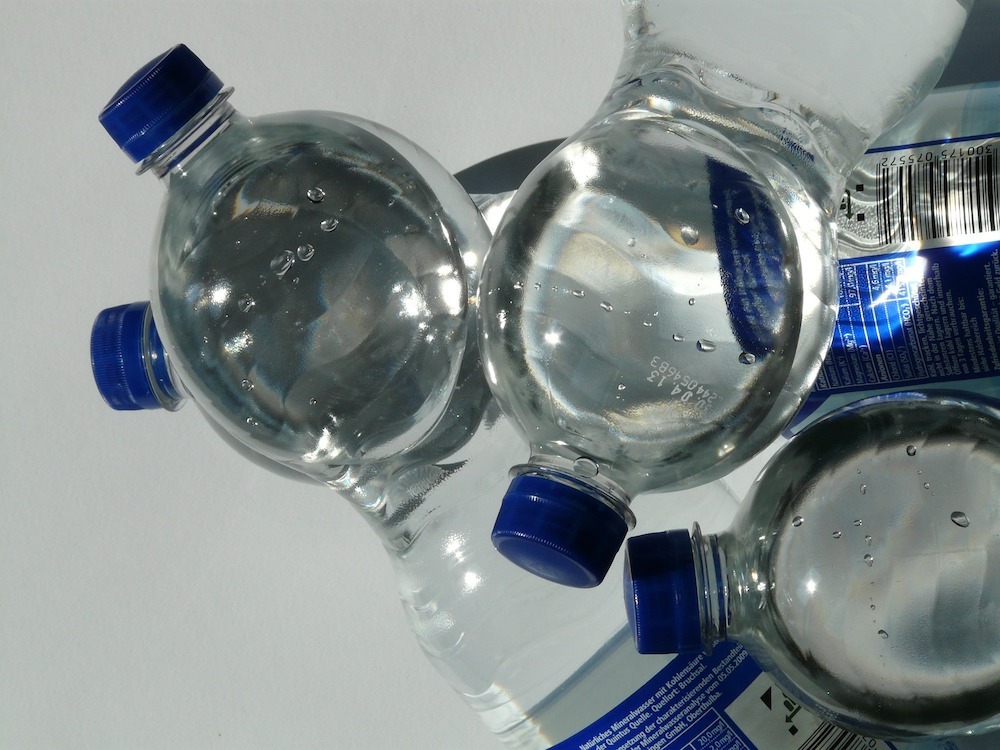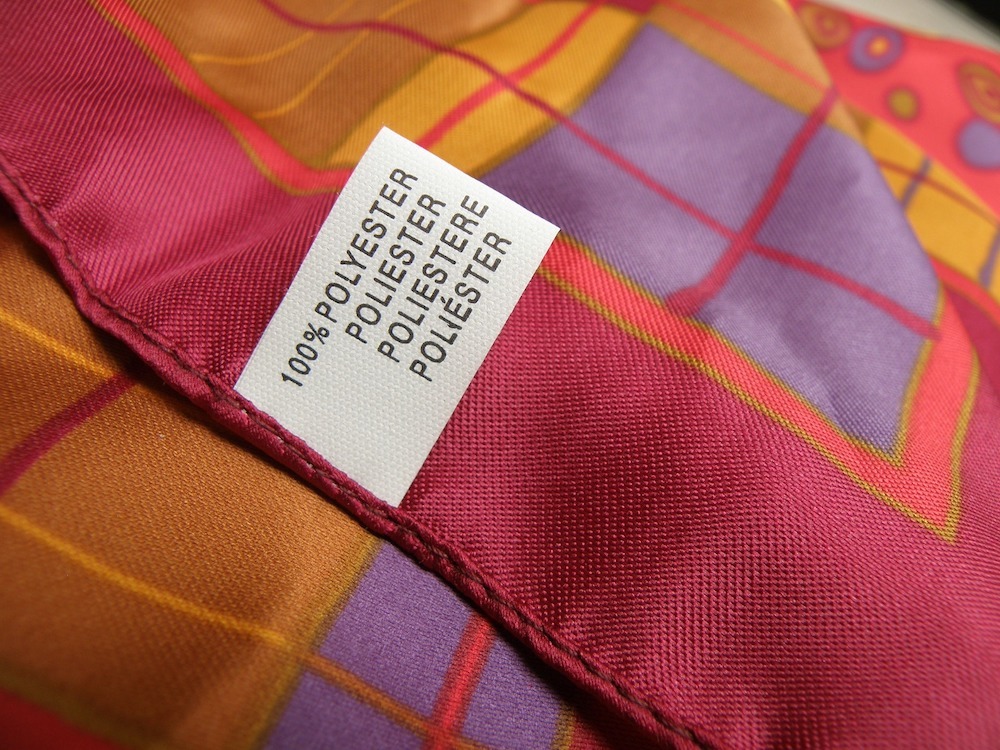The investment from Coca-Cola European Partners is part of its commitment to eliminate virgin oil-based PET from its bottles within the next decade

By 2030, Coca-Cola European Partners is looking to source 75% of its PET from recycled materials (Credit: Pixabay)
Drinks giant Coca-Cola European Partners (CCEP) has announced it’s investing in recycled PET innovator CuRe Technology — a start-up that’s looking to recycle plastic polyester waste.
CCEP’s funding, provided through its innovation investment fund CCEP Ventures, will enable CuRe to accelerate its “polyester rejuvenation” technology from a pilot plant to commercial readiness.
Once commercialised, CCEP will receive the majority of the output from a CuRe-licensed new-build plant.
CCEP’s vice president of sustainability Joe Franses said: “CuRe is an exciting technology start-up with the transformational potential developed by an experienced consortium, making it an ideal investment for CCEP Ventures.
“Our investment in CuRe underlines our commitment to supporting innovations that have the potential to drive growth in our business and our sustainable packaging goals.
“It also offers us the potential to access vital rPET volume that will help to accelerate delivery of our 100% rPET ambition for our PET bottles.”
Coca-Cola European Partners aiming to eliminate virgin oil-based PET from its bottles within the next decade
Once CuRe Technology’s site is operational, it has the potential to support CCEP’s ambition — in partnership with The Coca-Cola Company in western Europe — to remove virgin oil-based PET from its bottles within the next decade.
This move would contribute to cutting a total of more than 200,000 tonnes of virgin oil-based PET from the company’s portfolio a year, supporting its transition to a circular economy for PET packaging.
Its investment in CuRe also builds on existing strategic investment by The Coca-Cola Company to explore and support the scaling of full depolymerisation — converting a polymer into a monomer or a mixture of monomers — recycling technologies.

These complement existing mechanical polymer recycling processes, and have the potential to upcycle lower grade PET that cannot currently be recycled via mechanical recycling means and are instead downcycled, incinerated or sent to landfill.
The Coca-Cola system in western Europe is working to find and develop future PET material sources to help remove its need for virgin oil-based PET.
These figurative future sources of PET would feature 70% being derived from mechanical recycling, 25% from depolymerisation recycling, and 5% from plant-based renewable sources — all while remaining 100% recyclable.
How does CuRe Technology’s PET recycling process work?
CuRe Technology uses a partial depolymerisation process by shortening the polymer chain just enough to allow the removal of many impurities, rejuvenating food-grade PET into high-quality rPET.
The Dutch start-up says the process can be less energy-intensive than full depolymerisation, offering lower associated CO2 emissions.
Due to the modularity of the process, the longer-term ambition is for the technology to upcycle all polyester waste streams including product-to-product rejuvenation of carpets and textiles.
CuRe Technology’s chief commercial officer Josse Kunst said: “Polyester is one of the world’s most reversible plastics and should not go to waste.

“In the pilot plant phase of the CuRe process, we were supported with a subsidy from the European Union and the three northern provinces of the Netherlands.
“Now our ambition to create an energy-efficient solution for product-to-product polyester transformation will be accelerated because of this funding.
The support of CCEP Ventures will enable us to start with opaque and difficult to recycle food-grade PET and take the first step towards our ultimate vision of recycling all polyester, again and again.”
What is CuRe Technology?
CuRe Technology is a start-up created and led by a consortium of recycling innovators and experts headed by Dutch recycling groups Morssinkhof Group and Cumapol.
Also set up in partnership with product design company DSM-Niaga and NHL Stenden University of Applied Science, it aims to tackle the problem of polyester waste.
The vast majority of used polyester — such as packaging, bottles, food trays, carpets, and strappings — is typically difficult to recycle because it’s coloured or contaminated.
CuRe Technology wants to upcycle this by removing its colour and converting it into clear pellets with the same properties as virgin grade polyester.
Following years of lab-based exploration looking at how this could be done, the consortium has built a pilot plant in the Dutch town of Emmen to fulfil this process.

This will enable the progression of the CuRe Technology to a point of commercial readiness, with the site also acting as a meeting point for product designers and recyclers to collaborate to close the polyester loop.
As soon as it is validated and tested, the company aims to use its know-how to convert the 25 kilotons per annum polymerisation line in Emmen to use the technology.
Alongside this, the organisation will apply its end-to-end partial depolymerisation recycling process to transform opaque and difficult to recycle (ODR) food-grade PET to high-quality recycled rPET.
These materials will then be able to be reused for food and drink packaging in one continuous process on the same site.
